In industrial equipment, logistics and even medical systems, small wheels are often overlooked, but they undertake the key tasks of movement, load bearing and shock absorption. Faced with a variety of materials such as rubber and nylon, polyurethane wheels (PU wheels) have become a popular choice for high-end applications in recent years. But is it worth buying? This article will deeply dismantle its performance, lifespan and applicable scenarios to help you make a rational decision.
1. Performance analysis: three core advantages of polyurethane wheels
1. Wear resistance: lifespan is 3-5 times that of rubber wheels
The dense molecular structure of polyurethane gives it amazing wear resistance. In the automobile production line, polyurethane rollers run continuously in high-speed welding and painting, and their service life can reach more than 5 years, far exceeding ordinary rubber wheels on the market. After the garbage sorting star wheel adopts polyurethane, it is wear-resistant and tear-resistant, and the replacement frequency is reduced by 50%, and the maintenance cost is drastically reduced.
2. Carrying capacity and stability: the first choice for heavy load scenarios
High-hardness support: The hardness ranges from Shore A40 to D75. The forklift drive wheel can bear 2 tons of weight per wheel, and the wheel hub is seamlessly combined with the polyurethane coating to eliminate the risk of debonding.
Anti-slip design: The high friction coefficient (0.1-0.3) provides excellent traction, allowing the forklift to travel stably in slippery warehouses.
3. Environmental adaptability: a versatile tool in extreme working conditions
Temperature resistance: It can maintain elasticity and performance without degradation in -40℃ cold chain storage or 120℃ baking workshop.
Anti-chemical corrosion: Resistant to grease, weak acid and alkali, there is no need to worry about wheel swelling and deformation in the chocolate and butter conveyor lines of food factories.
Silent shock absorption: absorbs 80% of the impact force, the noise is less than 65dB, and the trolley moves more smoothly in the ward and operating room.
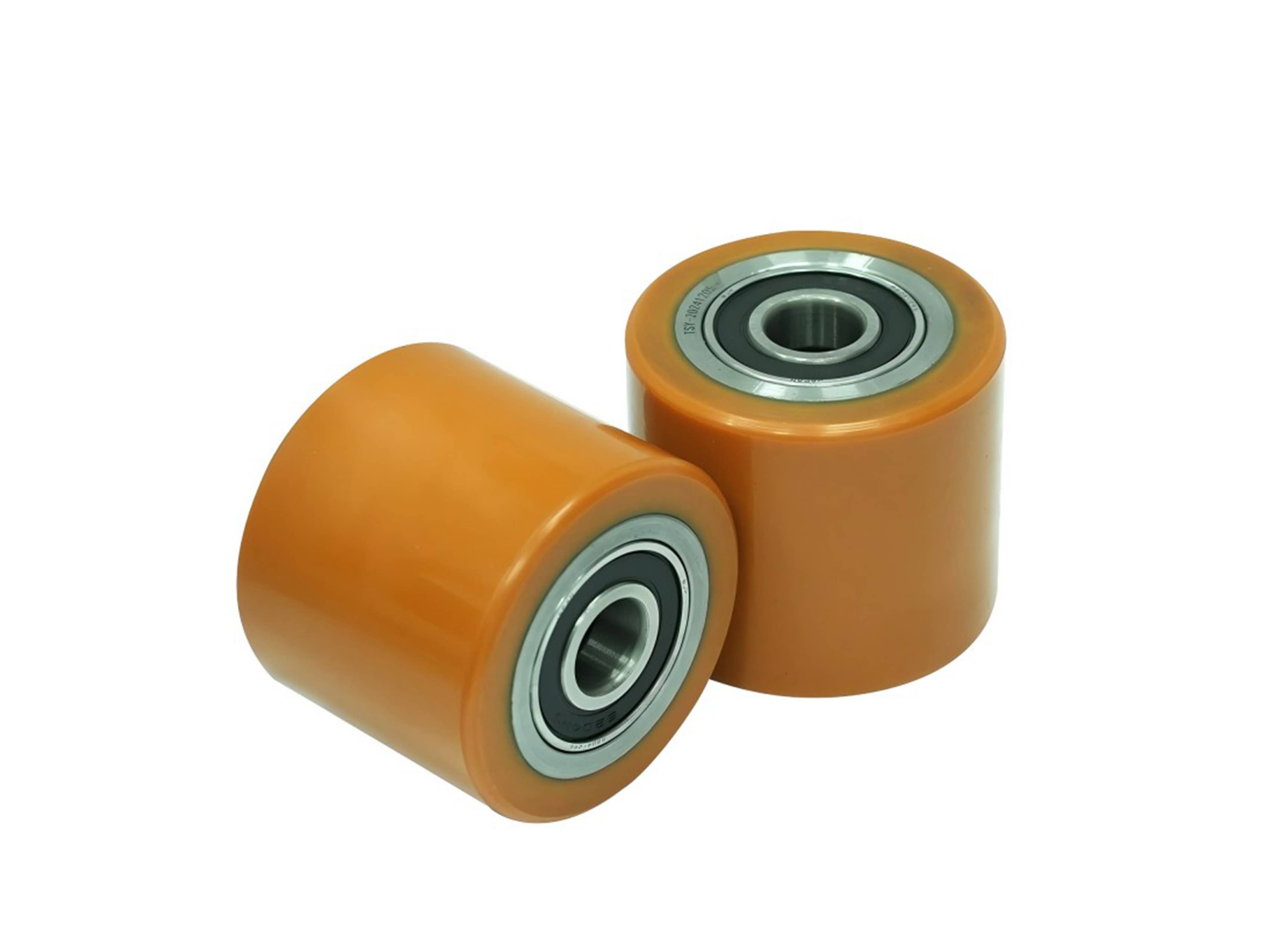
2.Durability: Why can polyurethane wheels last longer?
In addition to the wear-resistant properties of the material itself, the polyurethane wheel further enhances durability in design and craftsmanship:
Metal core + rubber coating structure: The wheel core is made of #45 steel CNC precision processing, and polyurethane high temperature vulcanization bonding to avoid delamination.
Anti-aging formula: Improve moisture and heat resistance by modifying NDI/MDI prepolymer.
Maintenance-free design: Bearings are sealed to prevent dust and require only quarterly lubrication,
✅ Lifespan comparison test: After a company replaced the polyurethane conveyor wheel, the average monthly failure of the production line dropped from 12 times to 2 times, and the production capacity increased by 25%.
3. Application scenarios: In which fields should polyurethane wheels be chosen?
The high cost-effectiveness of polyurethane wheels is reflected in professional scenarios, and the following four types of applications are particularly recommended:
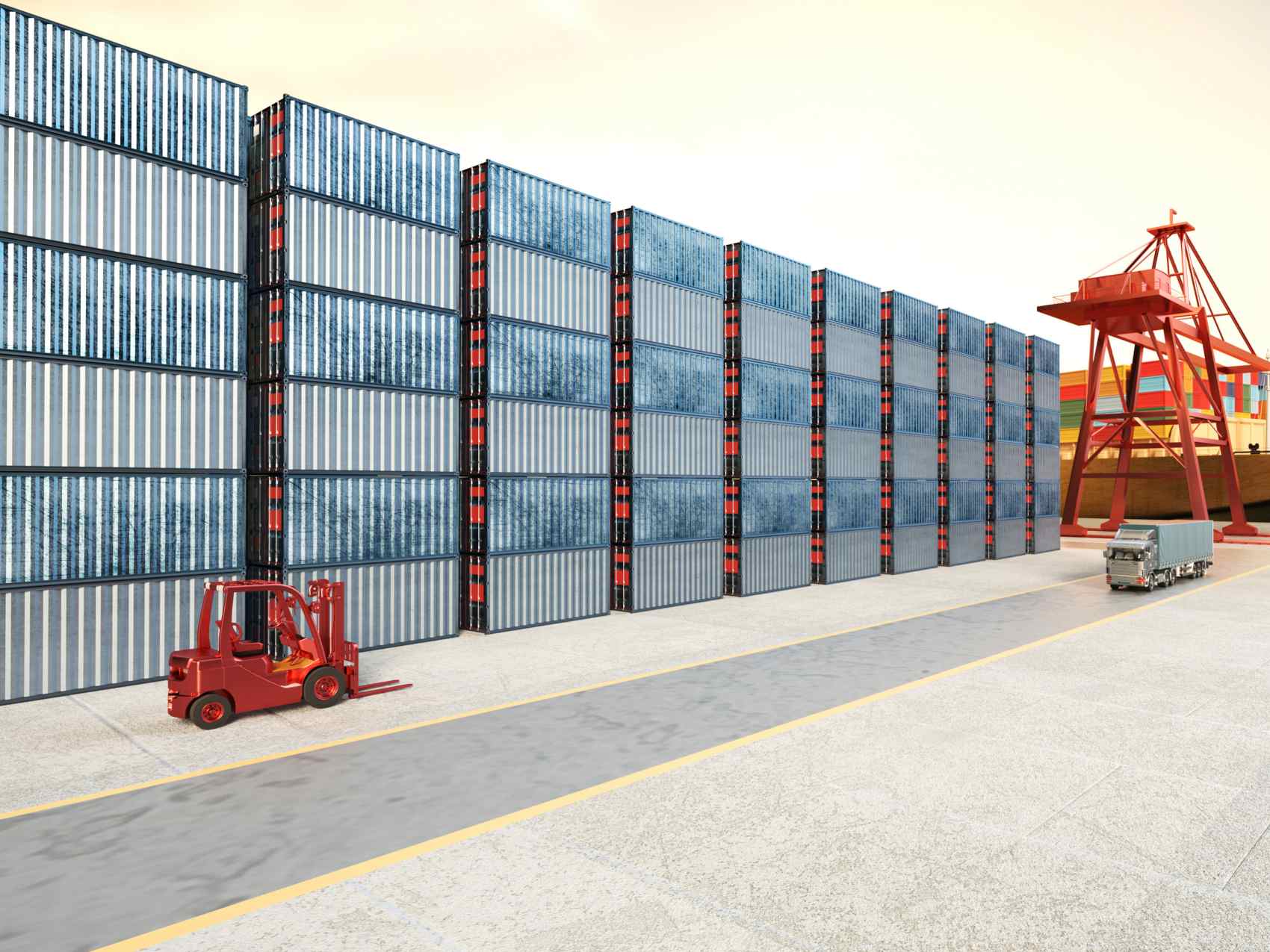
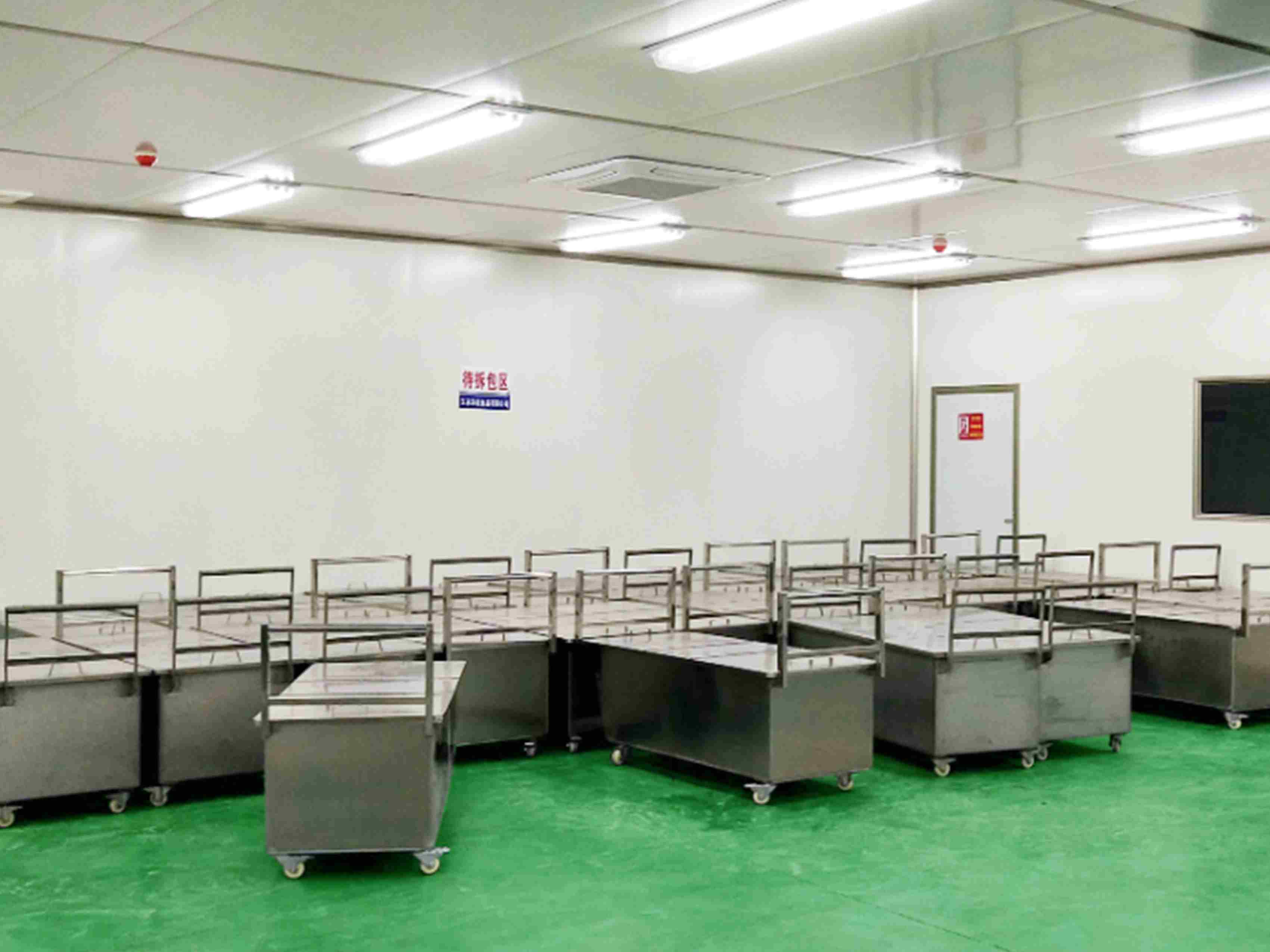
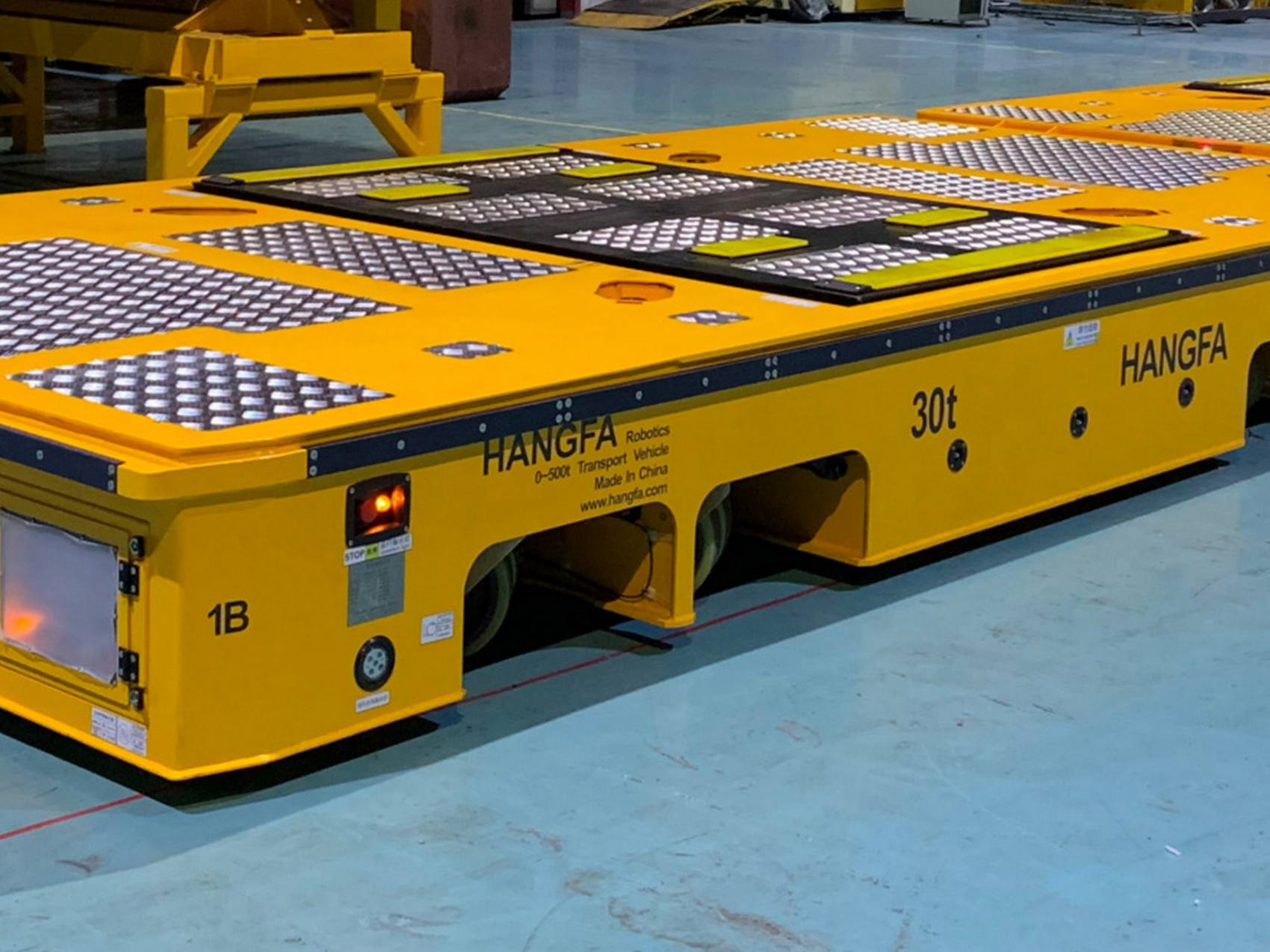
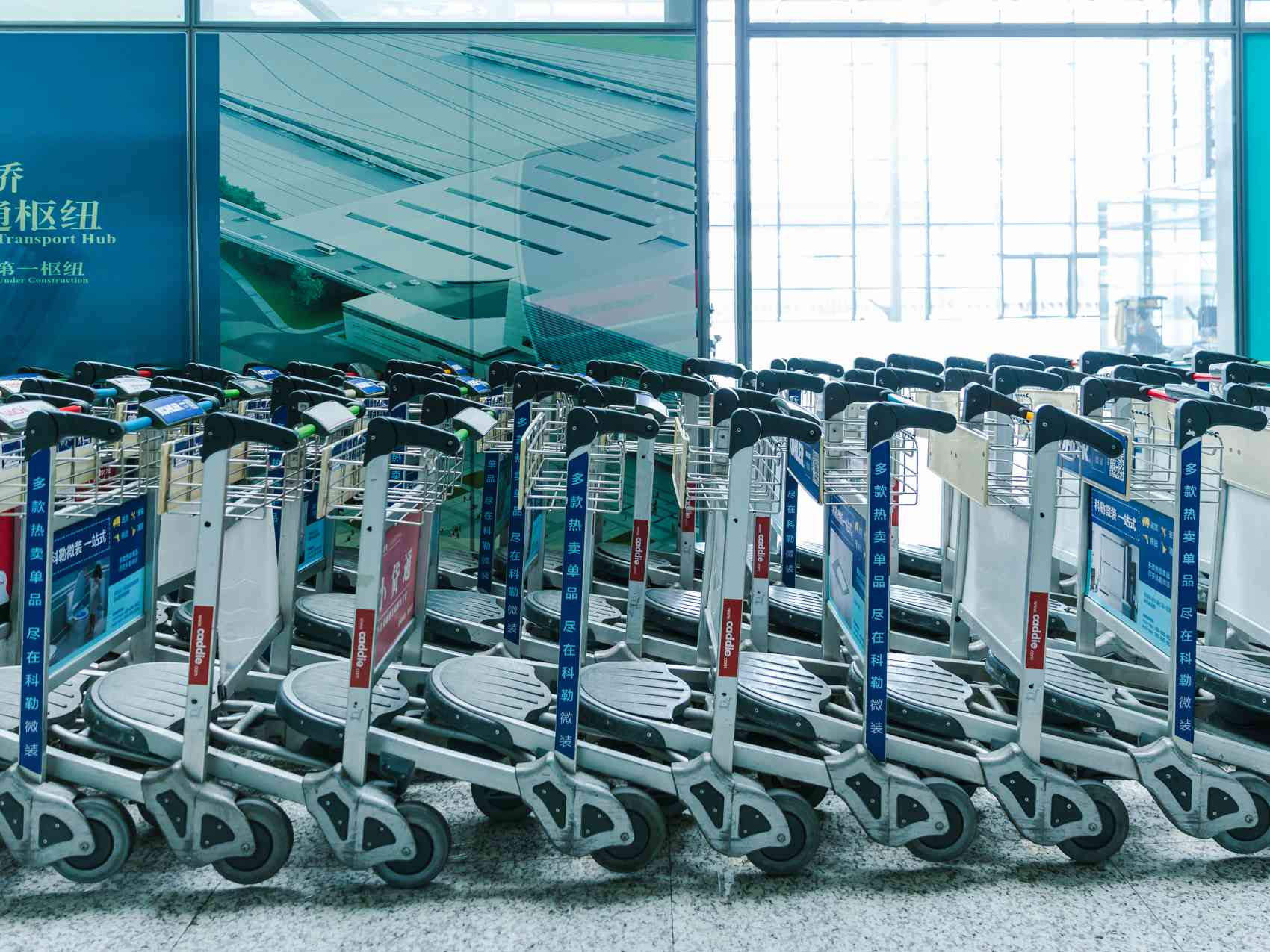
4. Buying Guide: Practical Tips to Avoid Pitfalls
1. Hardness selection: matching the scene is the key
The hardness needs to be adjusted in different scenarios to balance load-bearing, shock absorption and flexibility. Refer to the following table for quick matching:
|
Application Scenario |
Recommended hardness (Shore) |
reason |
|
Hospital beds/children's facilities |
A40–60 |
Super soft shock absorption, protecting the ground |
|
Warehouse flat floor trolley |
A60–80 |
Take into account both load-bearing and shockproof |
|
Heavy industry workshop/forklift |
A80–95 |
High load-bearing capacity, anti-deformation |
|
High temperature baking line roller |
A90+ (heat resistant formula) |
Resistant to 120℃ heat load without softening |
2. Cost-effectiveness: expensive ≠ uneconomical
Initial cost: The unit price of polyurethane wheels is about 1.5-2 times that of rubber wheels
Long-term benefits: lifespan extended 3–5 times, overall cost reduced by 40%
Case: After replacing polyurethane forklift wheels, the logistics company saved 270,000 yuan in replacement costs and downtime losses within 2 years
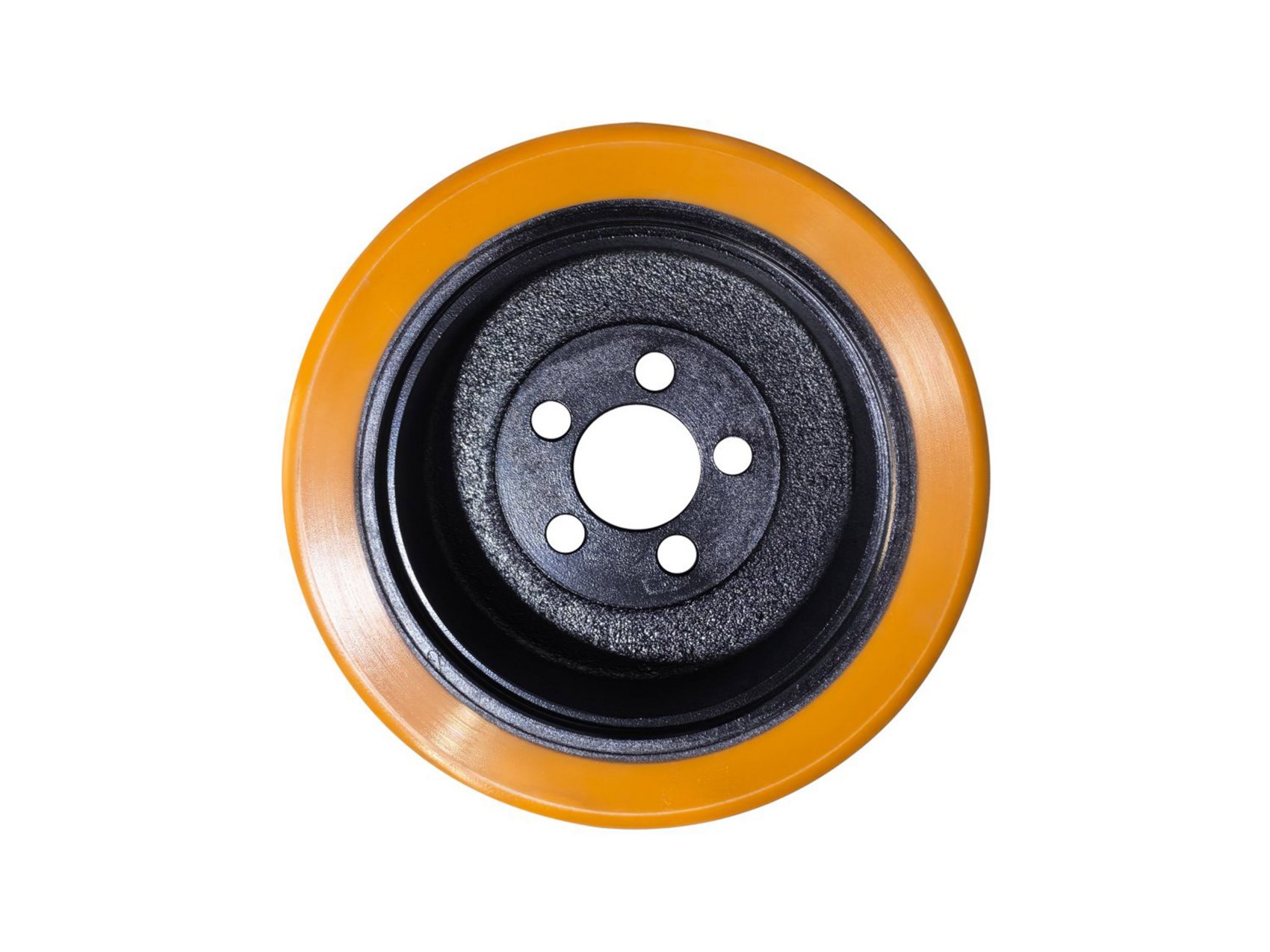
5. Conclusion: Who should buy polyurethane wheels without hesitation?
Polyurethane wheels are worth buying, but they are not universal. If your scene meets the following characteristics, choose it decisively:
✅ Heavy load and high frequency use (such as production lines, forklifts);
✅ Harsh environment (large temperature difference, strong corrosiveness, and need for silence);
✅ Long-term cost reduction requirements (reduce replacement and downtime losses).
For light loads, short term or very low cost projects (such as temporary trolleys), rubber or nylon wheels are still a reasonable choice.
Skystonewheel's polyurethane wheels are designed for high performance, combining excellent performance, outstanding durability and wide adaptability. Whether it is high-load industrial scenes, leisure and entertainment equipment, or various material handling systems, our wheels can continuously and stably output reliable performance.
When your application requires high strength, long life and custom engineering, Skystonewheel polyurethane wheels provide unmatched value.
With decades of experience in cast polyurethane manufacturing, we focus on providing precise customized solutions for specific industry needs such as logistics and material handling. Skystonewheel has full control over the entire process from formula development, structural design to precision manufacturing, ensuring that each custom polyurethane wheel achieves the perfect balance of performance, durability and cost-effectiveness even in the most demanding working conditions.
Contact Skystonewheel today to learn how our custom polyurethane wheels can drive superior results for your business and create long-term operational success.
Copyright © 2025 Fujian Skystone Intelligent Equipment Co., Ltd. All Rights Reserved.
 Network Supported
Network Supported